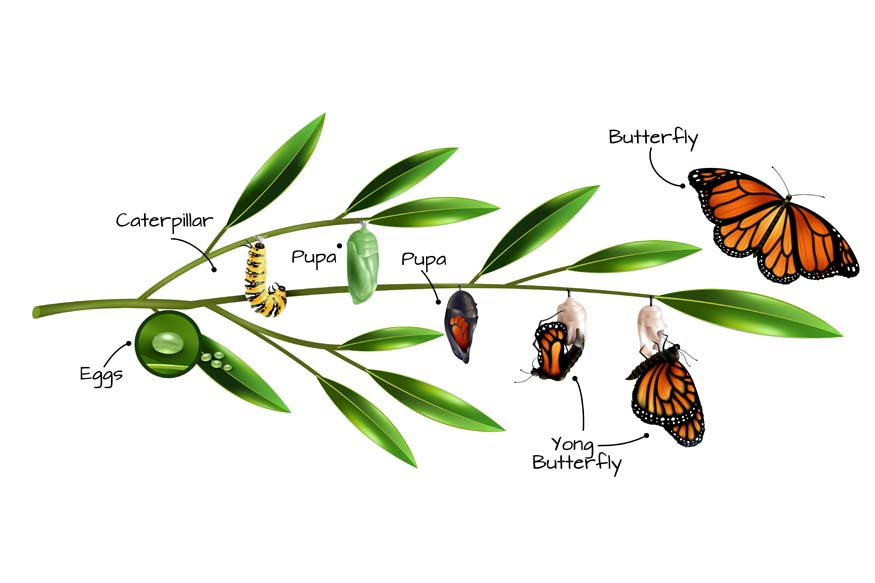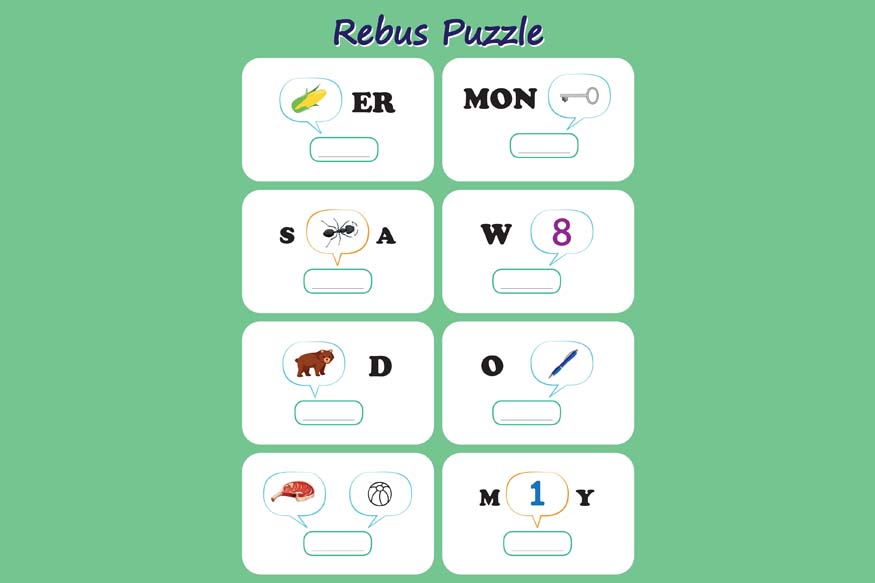Self-control is a fundamental skill that children need to develop to navigate the challenges of life. But, what is self-control? Self-control refers to the ability to manage one’s emotions, behaviours, and impulses in a way that aligns with long-term goals and societal expectations. It is the capacity to delay gratification, resist temptations, and maintain focus on tasks despite distractions.
Discipline, self-control, and cooperation are the foundation for a harmonious and productive life. Discipline provides structure, self-control ensures the ability to stay on track, and cooperation allows for effective teamwork and communication. These skills help children build resilience, make thoughtful decisions, and develop healthy relationships.
Understanding Self-Control
Self-control involves regulating one’s thoughts, emotions, and behaviour in alignment with life’s long-term objectives. It requires children to manage their impulses, delay gratification, and maintain focus on tasks. Developing self-control is a gradual process that involves practising self-regulation techniques and reinforcing positive behaviour.
Self-control is important because of its impact on various aspects of a child’s life. Children with strong self-control are better equipped to handle stress, make thoughtful decisions, and resist negative influences. They are more likely to succeed academically, form healthy relationships, and exhibit emotional resilience. By understanding the value of self-control, parents and educators can create an environment that supports its development.
Developing Patience and Self-Control
One of the key aspects of fostering self-control is teaching children how to develop patience and self-control. Patience is the ability to wait calmly for desired outcomes, and it is closely linked to self-control. Here are some strategies to help children develop these essential skills:
Modelling Behaviour: Children learn by observing the behaviour of adults. Parents and educators can model self-control by demonstrating patience, managing their emotions, and handling challenging situations calmly.
Setting Clear Expectations: Establishing clear rules and expectations helps children understand what is expected of them. Consistent boundaries provide a framework for children to practice self-control.
Using Positive Reinforcement: Reinforcing positive behaviour with praise, rewards, or incentives encourages children to continue practising self-control. Acknowledging their efforts helps build confidence and motivation.
Practising Mindfulness: Mindfulness techniques, such as deep breathing exercises and guided meditation can help children develop self-awareness and emotional regulation. These practices enhance their ability to stay calm and focused.
Engaging in Structured Activities: Activities that require turn-taking, following instructions and waiting for rewards, such as board games or group projects help children practice patience and self-control in a fun and supportive environment.
Discipline Activities to Foster Self-Control
Incorporating discipline activities into daily routines is an effective way to foster self-control in children. These activities provide opportunities for children to practice self-regulation, make thoughtful decisions, and manage their impulses. Here are some discipline activities that can help build self-control:
Setting Goals and Rewards: Encouraging children to set specific goals and work towards achieving them helps them develop self-control. Parents can create a reward system in which children earn points or tokens for demonstrating self-control, which they can exchange for rewards or privileges.
Implementing a Routine: Establishing a consistent daily routine helps children develop self-discipline and time management skills. A structured routine provides a sense of stability and predictability, making it easier for children to practice self-control.
Practising Delayed Gratification: Activities that involve waiting for a reward, such as baking cookies and waiting for them to cool, help children practice delayed gratification. Parents can explain the concept of delayed gratification and its benefits, reinforcing the value of patience and self-control.
Importance of Self-Control in Social Interactions
The importance of self-control extends to social interactions, where it plays a critical role in building healthy relationships and fostering cooperation. Children with strong self-control are better able to navigate social situations, resolve conflicts, and communicate effectively. Here are some ways to encourage self-control in social interactions:
Teaching Empathy: Helping children develop empathy by encouraging them to consider the feelings and perspectives of others promotes self-control. Empathetic children are more likely to manage their emotions and respond thoughtfully in social interactions.
Encouraging Cooperative Play: Activities that involve working together towards a common goal, such as team sports or group projects, help children practice cooperation and self-control. These activities teach children the value of teamwork and effective communication.
Providing Opportunities for Reflection: Encouraging children to reflect on their behaviour and its impact on others helps build self-awareness and self-control. Parents can ask open-ended questions, such as “How do you think your actions made your friend feel?” to prompt thoughtful reflection.
Self-control is a vital skill that significantly impacts a child’s overall development. Understanding self-control and its importance allows parents and educators to create an environment that supports the development of this essential skill. By incorporating discipline activities, children can learn to develop patience and self-control effectively. The numerous benefits of self-control, including improved academic performance, better social interactions, and emotional resilience, highlight its significance in a child’s life.
At Center Point School, we recognise the importance of fostering self-control in young children. Our dedicated educators incorporate various strategies and activities to help children build self-control, patience, and discipline. By creating a supportive and structured environment, we aim to equip our students with the skills they need to succeed academically, socially, and emotionally. Through our comprehensive approach, we strive to nurture well-rounded individuals who are prepared to face the challenges of the future with confidence and resilience.





